There’s a new list of cybersecurity crimes that businesses should be aware of in 2023. Many of these new trends gained momentum during the early part of the COVID-19 pandemic. During that period, the Identity Theft Resource Center found that the number of data breaches rose by 17% at the beginning of 2021.
In 2023, cybersecurity experts believe three trends will create challenges for businesses and organizations. Many groups rely on the internet to make money and complete tasks. This reliance can make businesses more vulnerable to cybercriminals. However, there are some things you can do to help protect your business from harm.
Digital Currency Attacks
Any currency that is available in electronic form is known as a form of digital currency. Cryptocurrency is a form of digital currency that has become an easy grab for cybercriminals. In 2021, the BBC reported that a cryptocurrency trading platform known as BitMart experienced a loss of $150 million from hacker interference. Many people who invested money in the platform have yet to get their money back.
Another U.S. Financial Crime Enforcement Network report saw that 177 digital currency addresses were used in elaborate ransomware attacks between January 2021 and June 2021. Ransomware refers to the use of sophisticated software that is designed to prevent access to a computer system until an amount of money is paid to the cybercriminal(s). This could cause great harm to a business, especially when it comes to a business’s bottom line.
Preventing Ransomware Attacks:
- Don’t open email attachments you do not recognize
- Install software updates
- Don’t click on unknown links
Preventing Cryptocurrency Attacks:
- Don’t install free apps from unreputable sources
- Use strong passwords for all devices
- Check with your phone provider for cyber protection offers that can block an attack
Phishing Attacks
A phishing attack refers to when a cybercriminal uses software to steal a business’s user data, login information, or credit card information. One of the most common ways that cyber criminals phish is through email accounts. Email providers such as Google have implemented software to block criminals from phishing attacks, however, it’s still possible for criminals to make businesses a victim.
There are a few signs that an email is likely a phishing scam:
- A message that is requesting quick action from you
- A message that is worded strangely with odd language
- A message that is demanding specific requests from you
- A message with grammar mistakes
Phishing scams can cause a business to lose money, interrupt its daily operations, and cause a business to lose its intellectual property. Some consequences could reach a point of irreparable damage.
You can protect your business from phishing by:
- Update your software regularly
- Schedule regular backups of your important data
- Use multi-factor authentication
- Install security software
Cloud Attacks
A cloud attack refers to an attack that targets an off-site service platform. These services usually offer additional storage, computing options, or hosting services through a cloud infrastructure. Some of the most popular cloud services include Amazon Web Services, Microsoft Azure, Google Cloud Platform, and IBM Cloud.
Many businesses utilize cloud services because of their push from large tech companies like Microsoft, Google, and Amazon. One report mentions that cloud attacks accounted for 20% of all cyber attacks in 2020.
The biggest threat of a cloud attack to a business is loss of revenue. A cloud attack can significantly impact a business’s ability to continue operations. If customers find out about an attack they may feel weary about patronizing a business. This would lead to a drop in sales.
Ways to Prevent a Cloud Attack:
- Train your employees on the importance of cybersecurity and safety
- Backup your data
- Add encryption blocks on your company’s cloud servers
- Create strong passwords
TIB Insurance: We Have Solutions for You
TIB can offer you protection against cyberattacks. One of the most proactive things a business owner can do to prevent cybercrime is by identifying weak spots. Our risk management solutions can help you strengthen those weak areas. We can also offer insurance options to help your business recover from a cyber attack. Without insurance, you could be leaving your business vulnerable to experiencing a situation where your business is forced to shut down or liquidate. Our team can help your business develop a plan. Get a quote from us by clicking here or contact a team member today.



